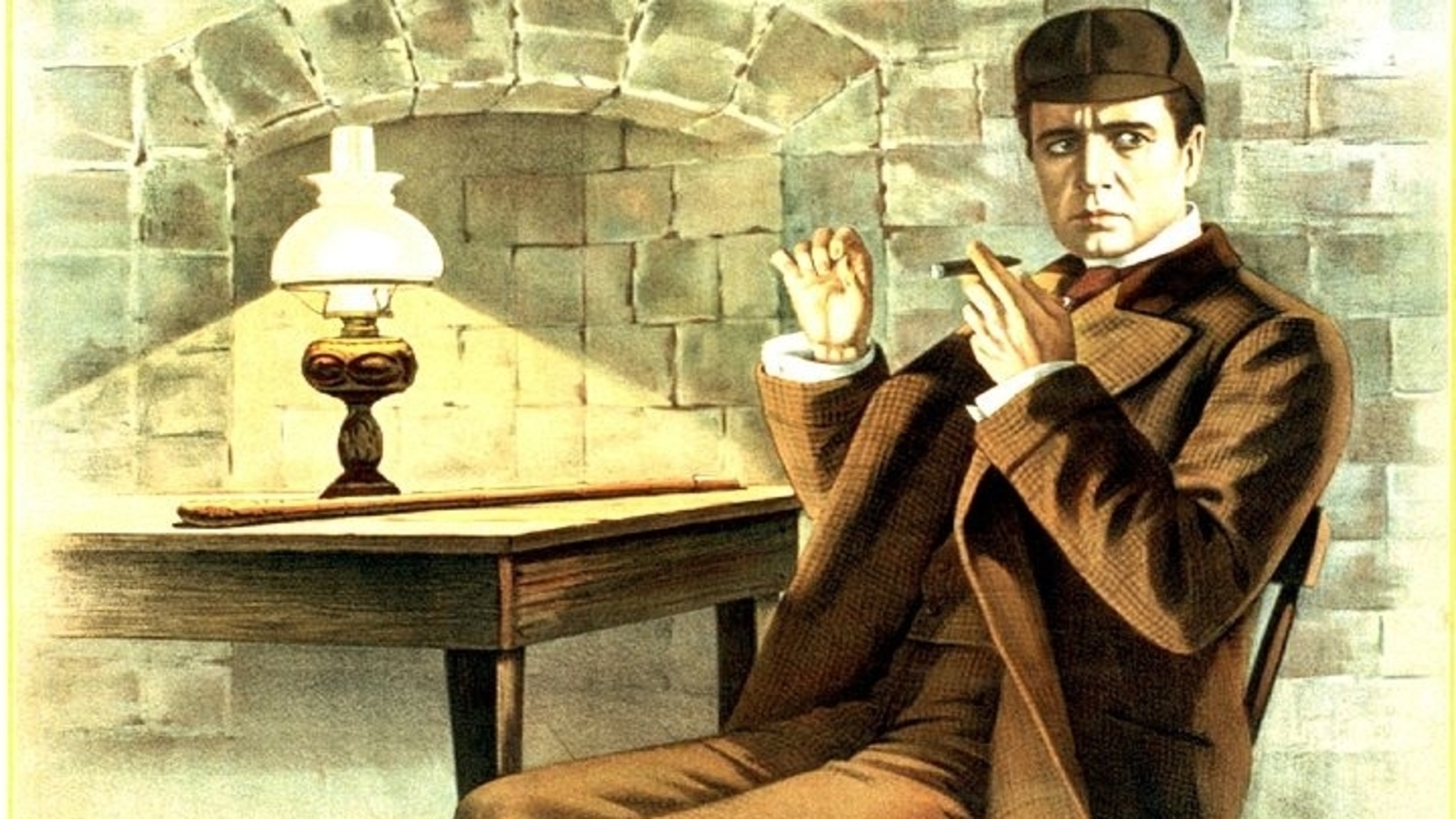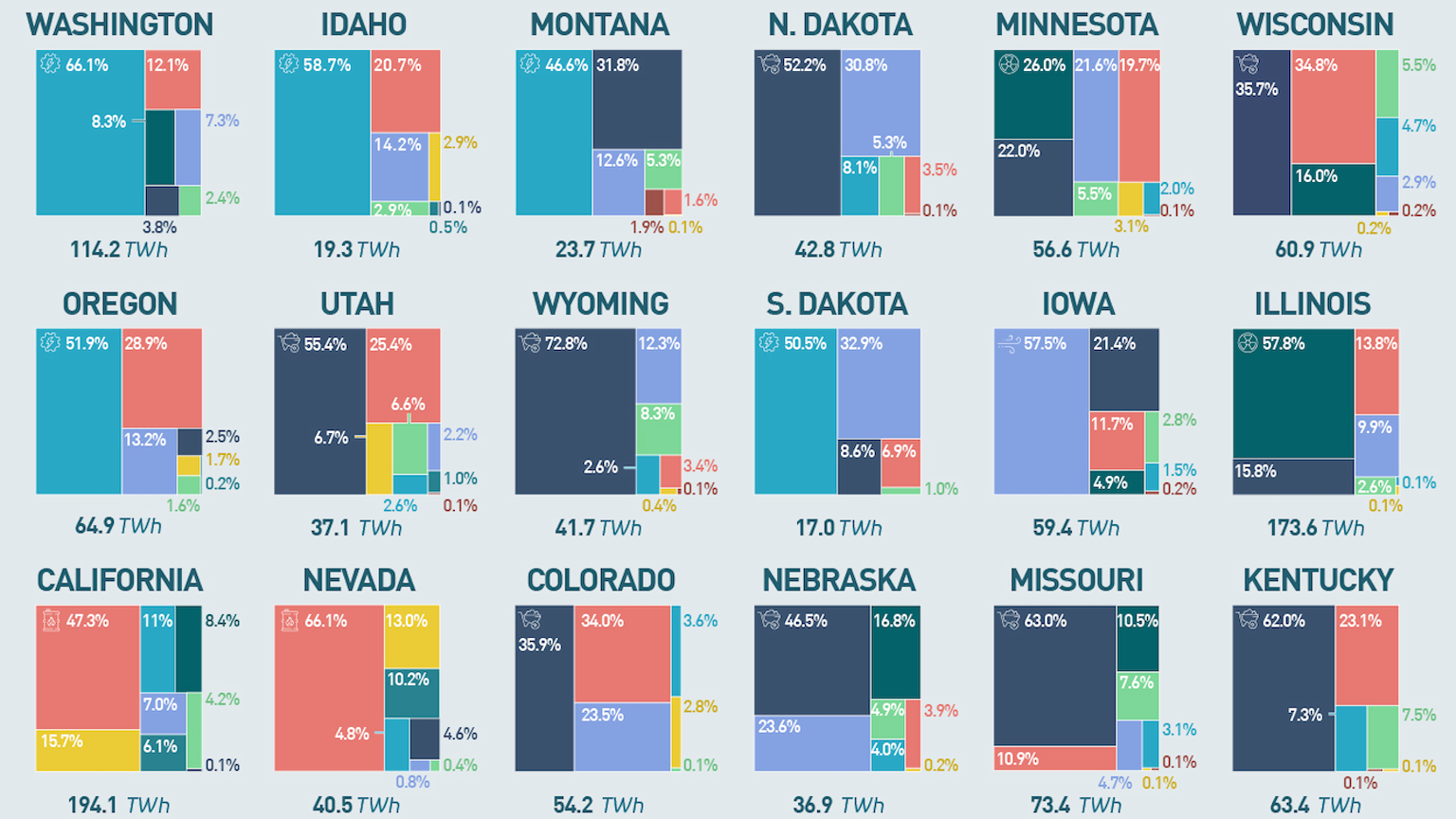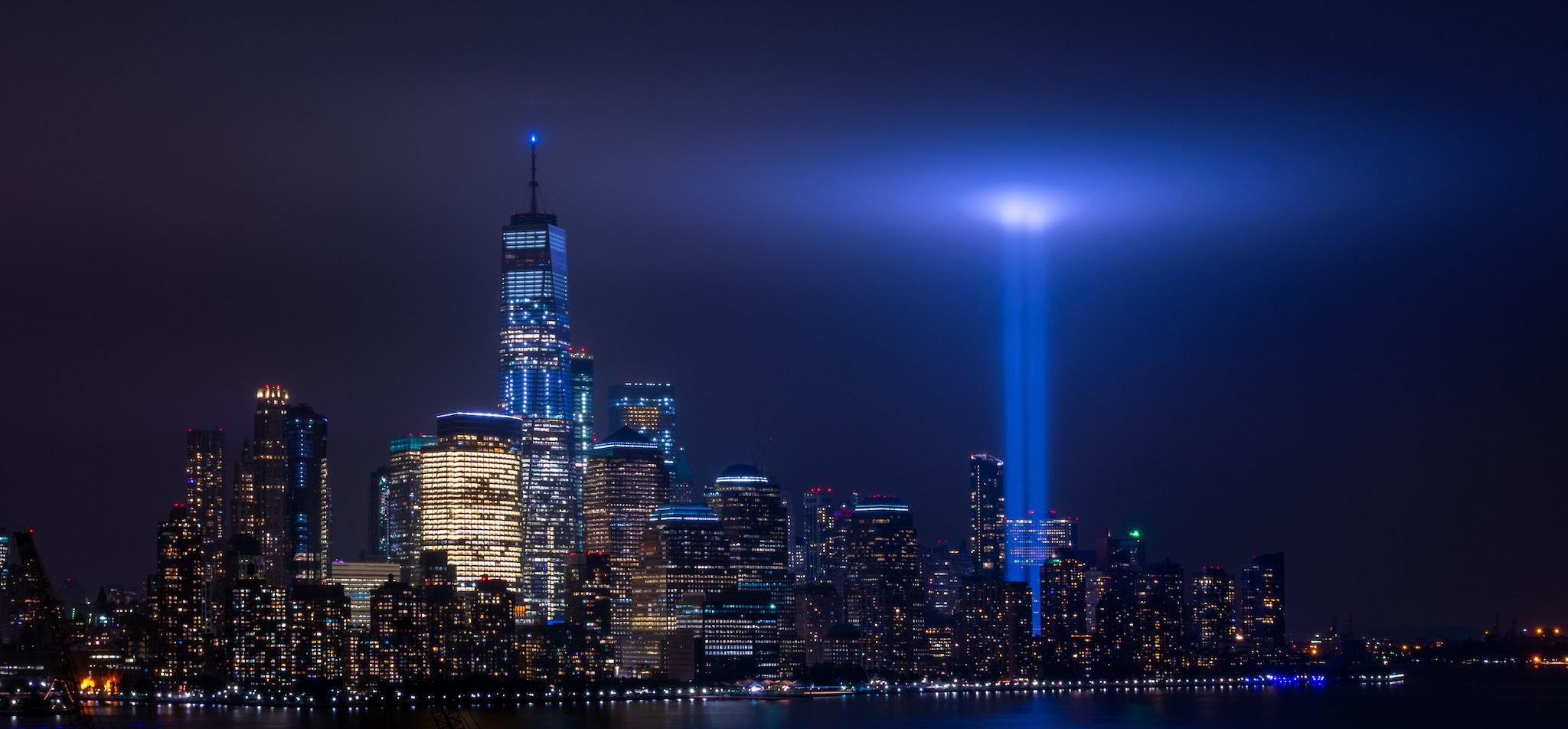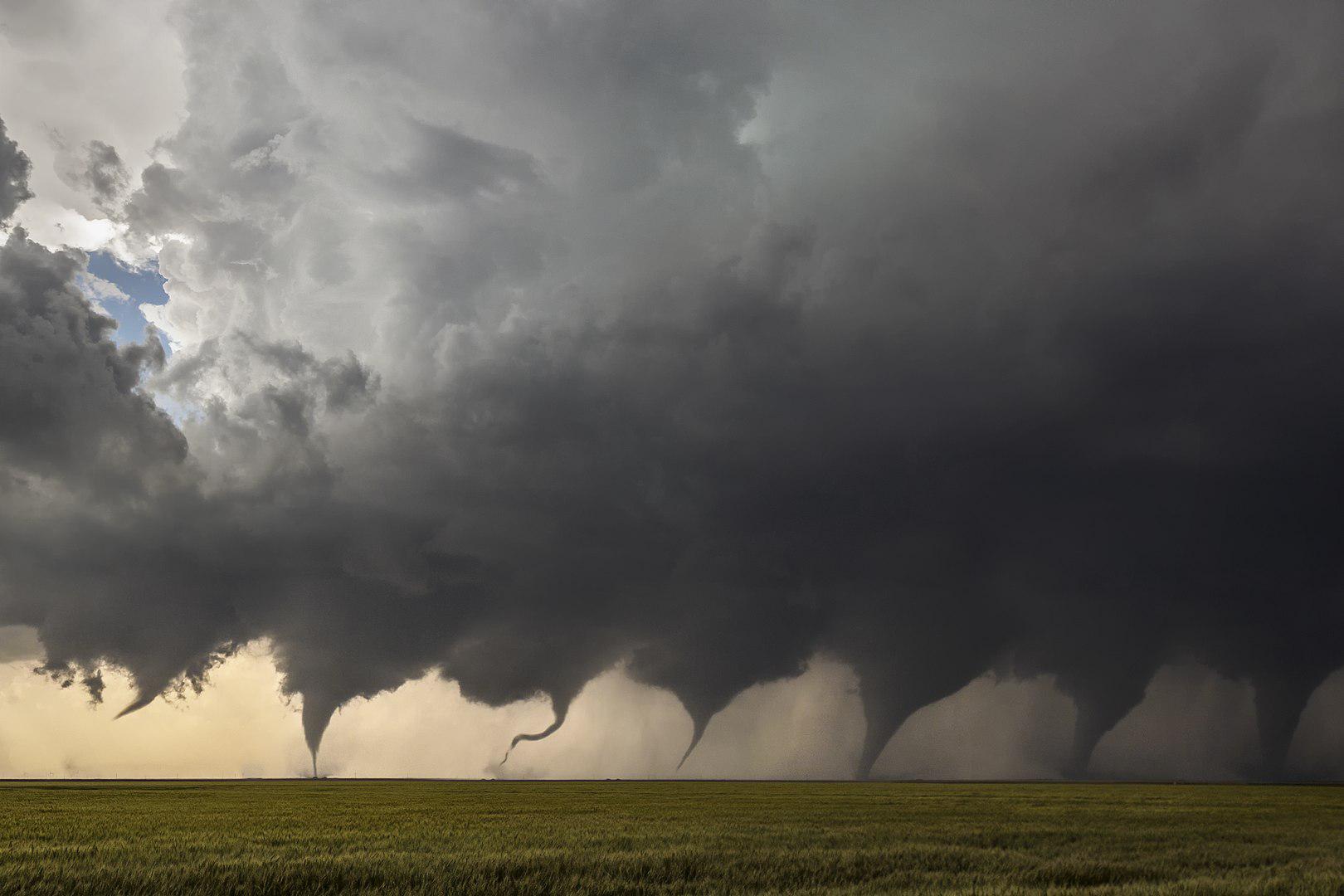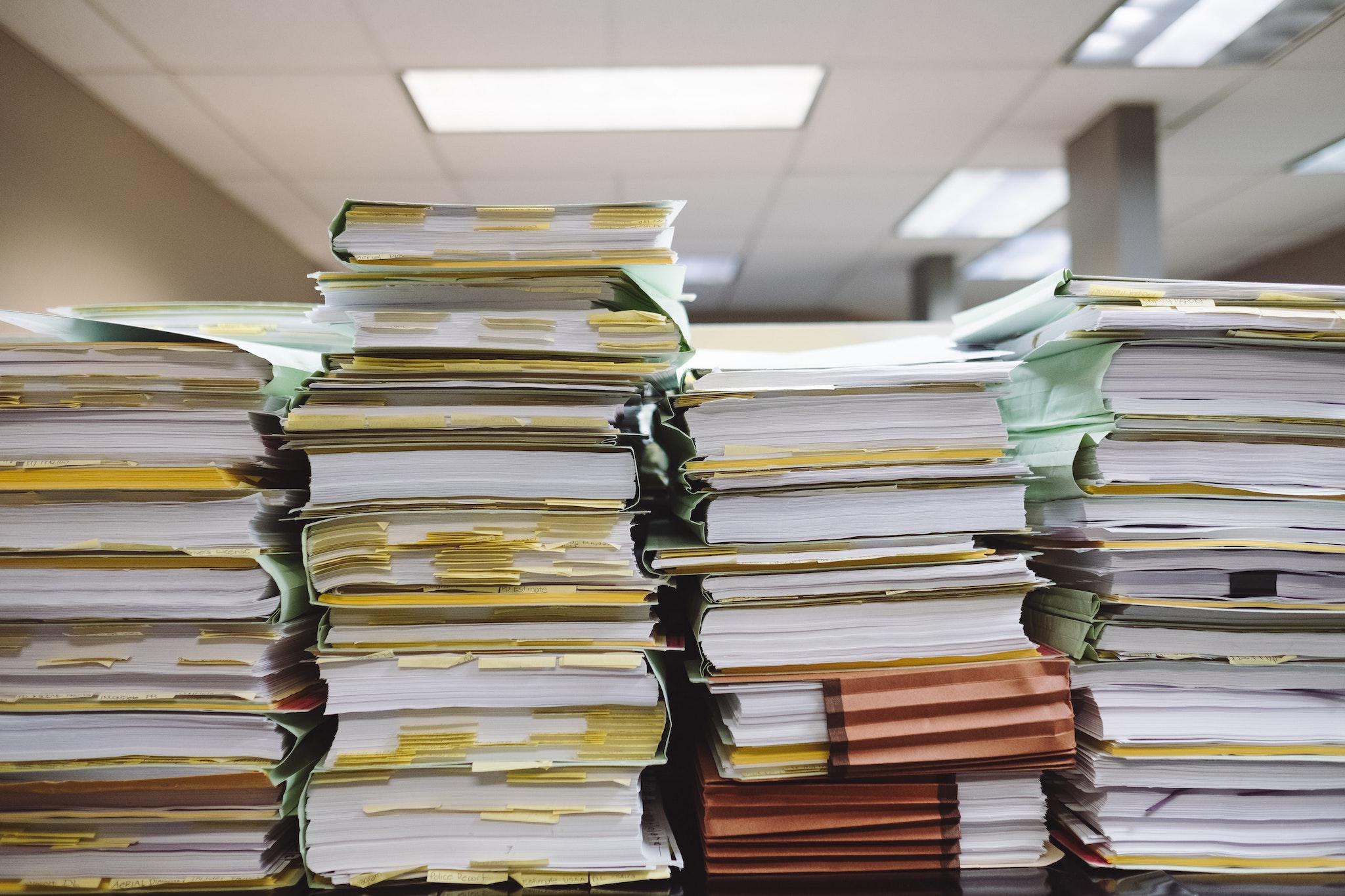Antifa attacks journalist. Should we ban wearing masks during protests?
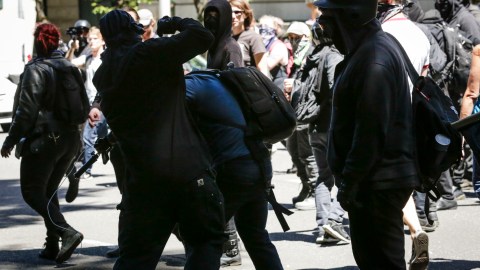
Moriah Ratner/Stringer
- Andy Ngo, a sub-editor at the online magazine Quillette, was attacked by masked activists as he was filming protests in Portland.
- The assailants haven’t yet been identified, though police have released some photos of potential suspects.
- Some U.S. states and localities have banned public mask-wearing, while other courts have ruled such laws to be unconstitutional.
The conservative journalist Andy Ngo was attacked by several masked, black-clad activists on June 29 in Portland during a clash between right-wing marchers and Antifa protesters.
The right-wing marchers — which included The Proud Boys — took to the streets to promote the #HimToo movement, which seeks to address false rape allegations. Antifa showed up to oppose them, as everyone in Portland surely expected; The city has seen many protests involving Antifa and far-right groups turn violent in the years following the election of President Donald Trump.
A video of the attack shows black-clad protesters — whom Ngo said were Antifa members — kicking and punching Ngo. As Ngo put his arms up to cover his face, Antifa members sprayed him with silly string and threw milkshakes at him. While Ngo walked away, two Antifa members threw cups at him, and one masked woman threw her drink in his face. The attack left Ngo with several cuts on his face and swelling under his left eye.
Ngo criticized Portland police for not doing more to prevent violence during the march.
“How many more people have to be beaten and attacked in the city of Portland before things change?” Ngotold CNNon Tuesday. “I am by far not the first one. There’s been many other incidents that have happened since 2016 and the policing has remained the same, which is a policy of not engaging with militant protesters.”
Portland police are working to identify the assailants — a task that would surely be easier if the Antifa members weren’t wearing masks.
So, should the U.S. ban wearing masks in public?
Some states and localities already have anti-mask laws — many of which were passed in the mid-20th century to prevent the Ku Klux Klan from organizing in public. Recent protests have inspired some lawmakers to try to pass such laws at the federal level, even going so far as to name a bill the “Unmasking Antifa Act”.
Opponents of anti-masking laws have argued that wearing a mask in public is protected by the First Amendment, and various courts have had to weigh that argument against concerns about public safety. The Georgia Supreme Court, for instance, found that wearing masks can be considered an act of intimidation and threat of violence, and therefore found the state’s statute that bans public mask-wearing to be constitutional.
But not all courts have agreed. In 1999, a federal court ruled against an ordinance in Goshen, Ind. that prohibited public mask-wearing. The case was brought by the Ku Klux Klan.
So, considering both racist and anti-racist activist groups are routinely violent, does the free expression of wearing a mask in public outweigh concerns of public safety, as in threats of violence, intimidation, and the increased likelihood that violent criminals won’t face justice?
Scott Crow, a former Antifa organizer, told CNNthat wearing masks allow Antifa members to become anonymous and “do what we need to do, whether it is illegal or not,” acknowledging that masks are a good way to avoid being caught by police after committing crimes. He didn’t mention free expression.
Whether or not banning public mask-wearing is a good idea, one thing seems sure: Violent groups on both the far left and far right would prefer we didn’t.
